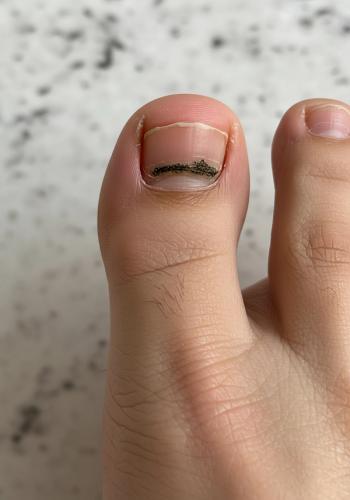
Novel Therapy Prevents Skin Cancer by Training Immune System’s Helper Cells
A small study of 18 patients with skin cancer found that the combination of vitamin D and chemotherapy provided an immune response that lasted up to five years.
A new immunotherapy that combines vitamin D and chemotherapy prevents skin cancer by activating a previously unknown immune response, providing cancer protection that lasts at least five years after treatment, according to a
The treatment, which combines calcipotriol and 5-fluorouracil (5-FU), eliminated 95% of precancerous skin lesions on patients’ faces, with 7 out of 10 patients seeing complete clearance. The therapy works by stimulating CD4+ T helper cells, marking the first time these immune cells have been shown to prevent cancer development.
"One of the unique challenges with squamous cell carcinoma is that individuals who develop it are at an increased risk of developing multiple new lesions over time. This makes prevention an essential part of care," said Shawn Demehri, M.D., Ph.D., of Massachusetts General Hospital, in a
The open-label clinical trial included 18 patients who applied the combination therapy twice daily for six days. Researchers collected skin biopsies before treatment, immediately after and eight weeks later. The treatment cleared 82% of lesions on the scalp and 65% to 68% on upper extremities. While patients experienced some redness and inflammation around treated areas, all side effects resolved within four weeks.
Follow-up biopsies over five years showed the immune response persisted long after treatment ended. The therapy specifically activated CD4+ T helper type 2 cells, which then triggered a protein called IL-24 that caused precancerous cells to self-destruct while leaving healthy skin unharmed.
Squamous cell carcinoma is the second most common type of skin cancer, with an estimated 1.8 million
The study’s findings suggest this approach could potentially prevent other types of cancer. Demehri is now conducting a multi-center trial to evaluate whether immunocompromised patients, such as organ transplant recipients at higher risk for skin cancer, would experience similar benefits.
“We found that this drug combination prevents cancer through a mechanism distinct from those used by current immunotherapies, suggesting that these drugs may treat and prevent cancer via distinct mechanisms,” Demehri said.
Newsletter
Get the latest industry news, event updates, and more from Managed healthcare Executive.

























